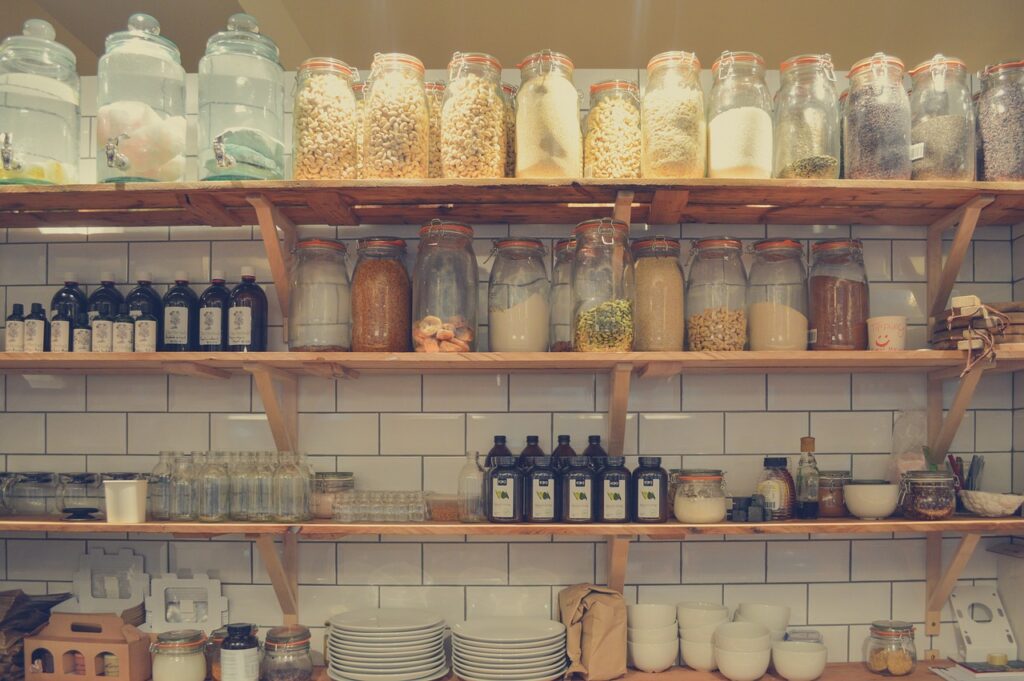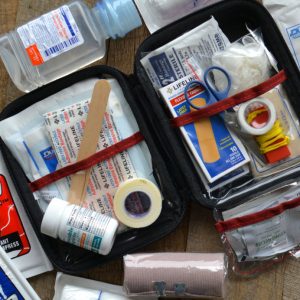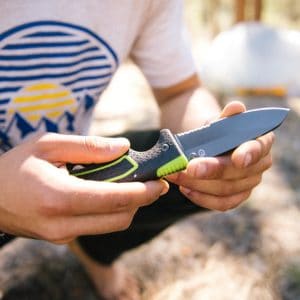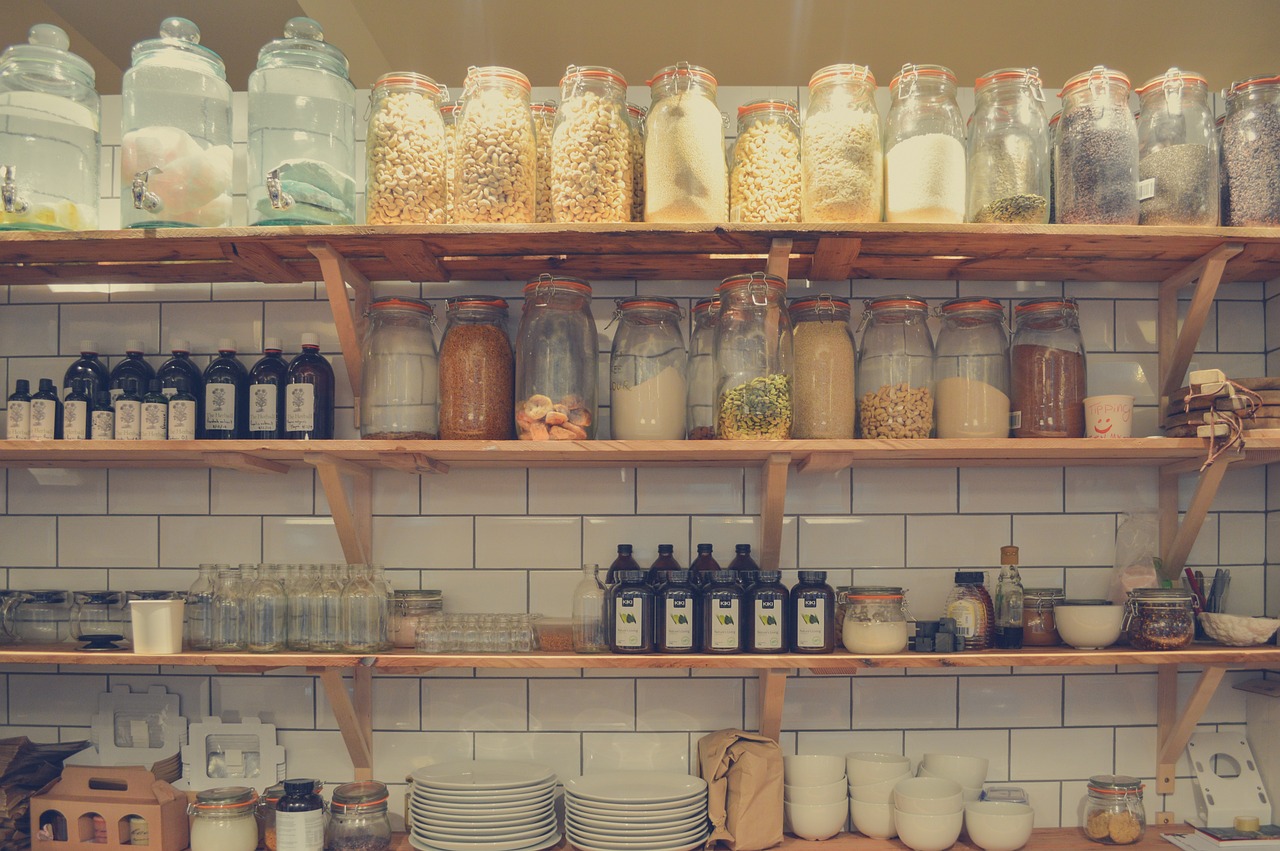Prepper Sage participates in various affiliate marketing programs, including Amazon, which means we may get paid commissions on purchases made through our links to retailer sites.
When it comes to stocking up on food and water, it’s very common to slip up and make mistakes. Even expert preppers never really know just how much water they’ll need should a crisis strike. They can estimate, but it’s hard to be sure unless you’ve gone through a similar predicament before.
In this article you’ll see 9 commonly made mistakes and understand why you should avoid them at all cost. Your life literally depends on you making the right choices in this matter.
Telling others about your stash

This may seem harmless on the surface. Telling your colleagues about your prepper planning seems fun. Letting your neighbor next door know that you’ll be cleaning out your basement to store food and water may seem like casual conversation.
Everything is fine and dandy until disaster strikes. When food and water is hard to come by, guess who your neighbor is going to think of first? YOU! You and your little stash of food and water that you’ve saved up for your family.
News will spread around the neighborhood fast and they’re going to be at your doorstep when things get desperate. It can and will get real ugly. It’s best to be quiet about your plans.
Not planning well
Speaking of plans, ALWAYS plan in advance and plan generously. If you analyze the daily water usage in your house and see that every family member uses about 2 gallons of water a day, prepare for 3 gallons a day.
Always exceed your expectations. Store as much food and water as you can. Water is even more important. You’ll be amazed at how fast your supplies can dwindle during an actual crisis.
No record keeping/rotation

During peaceful times, have a journal to keep track of what foods you’ve purchased and when they expire. This will allow you to always know where you stand as far as the food and water supplies go. Do not rely on memory.
The more supplies you get, the more difficult it will be. Always rely on pen and paper to keep track.
Forgetting about the pets
Your pets need food and water too. Remember them when you’re planning for a crisis.
Overeating
A very common mistake that people make during a crisis is that they don’t ration their supplies. The shock of the crisis makes them eat and drink without much thought.
You must ration your water and food. This will ensure that your supplies last. Every now and then you can practice rationing at home just so that everyone gets a feel for it and realizes just how much we take for granted daily.
No comfort foods

Survival foods are not all about canned foods and MREs. Include canned fruit, chocolate bars, cans of soda, etc. A survival situation is not the time to worry about fitness and weight gain.
You will lose weight because of the stress. The sugar in these foods will reduce any shock and lift your spirits.
Not conserving
During a survival situation, conserve your water and be very mindful of how you use it. Conserve, reuse and be aware at all times. Even if you have sufficient supplies, always err on the side of caution.
Poor location

Store your food in a cool and dry place that is free of pests and rodents. Avoid placing your supplies on the floor. Always use shelves so that the supplies are off the ground.
When storing supplies, the newest stocks go at the back with the older stocks in front. This will make it easier to consume the foods that are older first.
Storing food that you don’t like

Store foods that you like eating. Canned foods, freeze dried foods, etc. are preferred by most people. Do not make the mistake of only storing MREs (meals ready to eat). If your family members detest the taste of the food in these MREs… it is going to be depressing.
Have a mix of all types of food that don’t perish fast. One good way to get everybody’s taste buds acquired to the food supplies will be to have one meal in a week where everyone eats foods that are similar to the ones being stored. Go ahead and have a canned food lunch or an MRE dinner. It won’t kill you.
Over time, you’ll get accustomed to the taste of these foods and they won’t be a shock to you when you have to consume them during a crisis.
Adhere to these 9 points and you’ll be much better prepared to handle a crisis, at least as far as food and water is concerned. Always remember that when disaster strikes, the time to prepare has passed. Start early, start today.
Amazon and the Amazon logo are trademarks of Amazon.com, Inc, or its affiliates.











